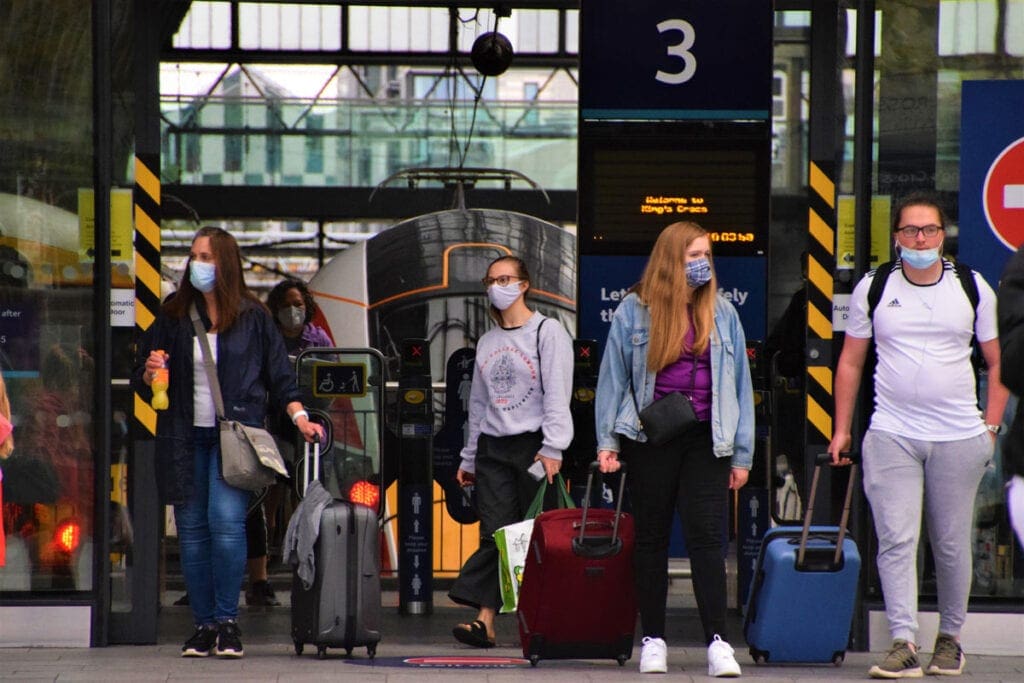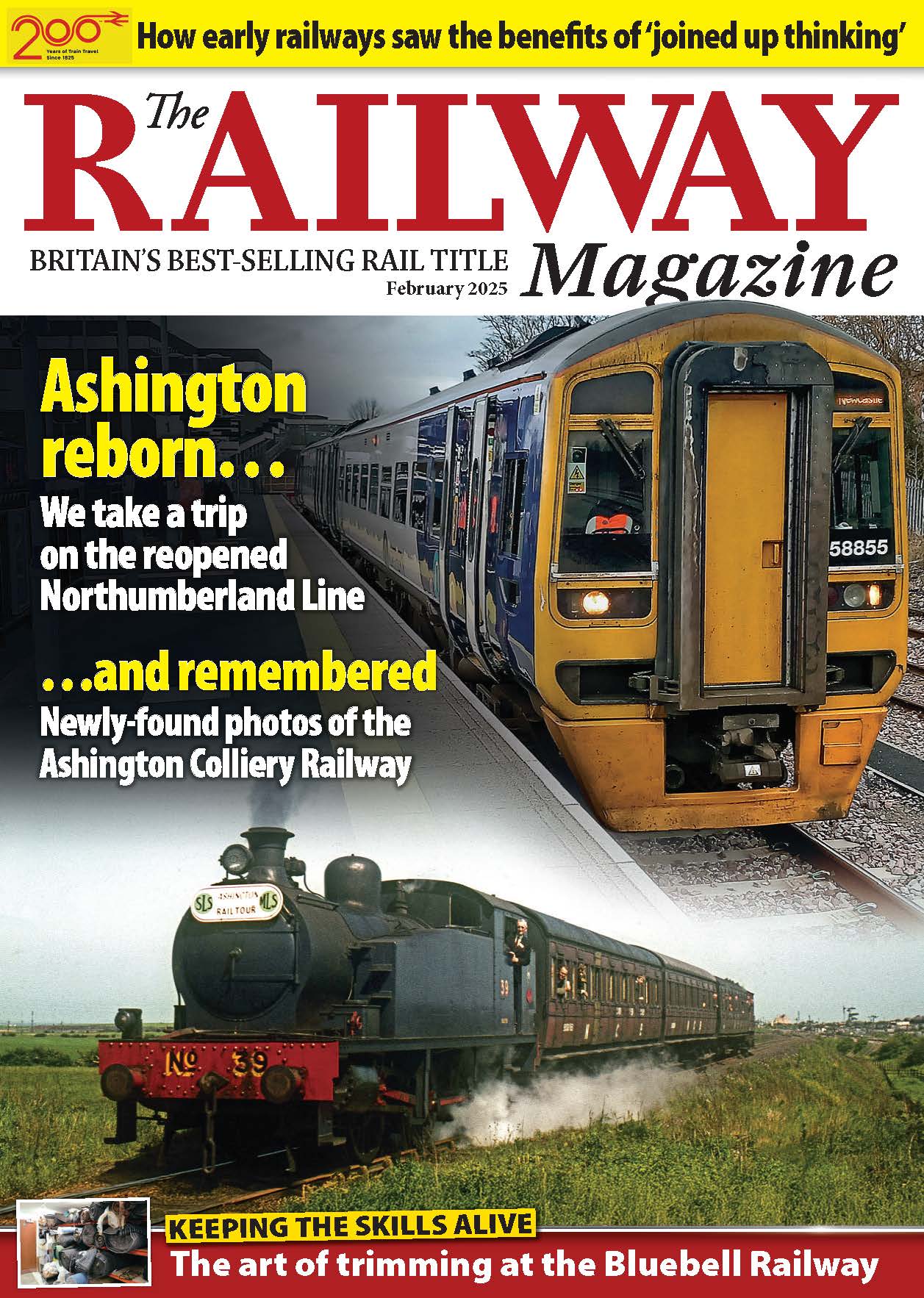
Figures published by the Department for Transport show that passenger numbers are now closing in on pre-pandemic levels.
Between July 6-17, passenger numbers hit 90-93% of pre-Covid levels every single day of the week. This mirrors figures from June which showed 90-93% of pre-Covid levels every single day between June 10-20.
Numbers on London’s tube are also now nudging 80%, with a weekday high of 79% recorded on Thursday 21 July (weekend and Bank Holiday highs of 85-118% have been regularly recorded since May).
Monthly Subscription: Enjoy more Railway Magazine reading each month with free delivery to you door, and access to over 100 years in the archive, all for just £5.35 per month.
Click here to subscribe & save
Darren Caplan, Chief Executive of the Railway Industry Association, said: “Everyone working in rail should welcome the fact that within just a few months of Covid restrictions beginning to be lifted, we are regularly getting to around 93% of pre-Covid passenger levels on the national rail network. What’s more, these figures are all the more impressive given they are based on a comparison with 2019-20 levels, which were the second highest on record.
“Were it not for the current industrial action and exceptional incidents like the recent heatwave, the return to rail would be even more impressive and consistent. Whilst some of the return can be attributed to higher leisure travel – which is great news in itself – it is clear that some of the increase is also down to more commuters travelling outside traditional peak work travel slots too.
“All of us in the railway industry now need to accept that many of the dire predictions of rail’s demises are wide of the mark, and take a ‘can-do’ approach to ensuring the future for rail is positive. Accordingly, we urge policy-makers and the Treasury not to base 30-year plans and forecasts for rail on the last two abnormal years, but to plan for much-needed increased capacity in the future, as more and more passengers return to the rail network in the months and years to come.”




